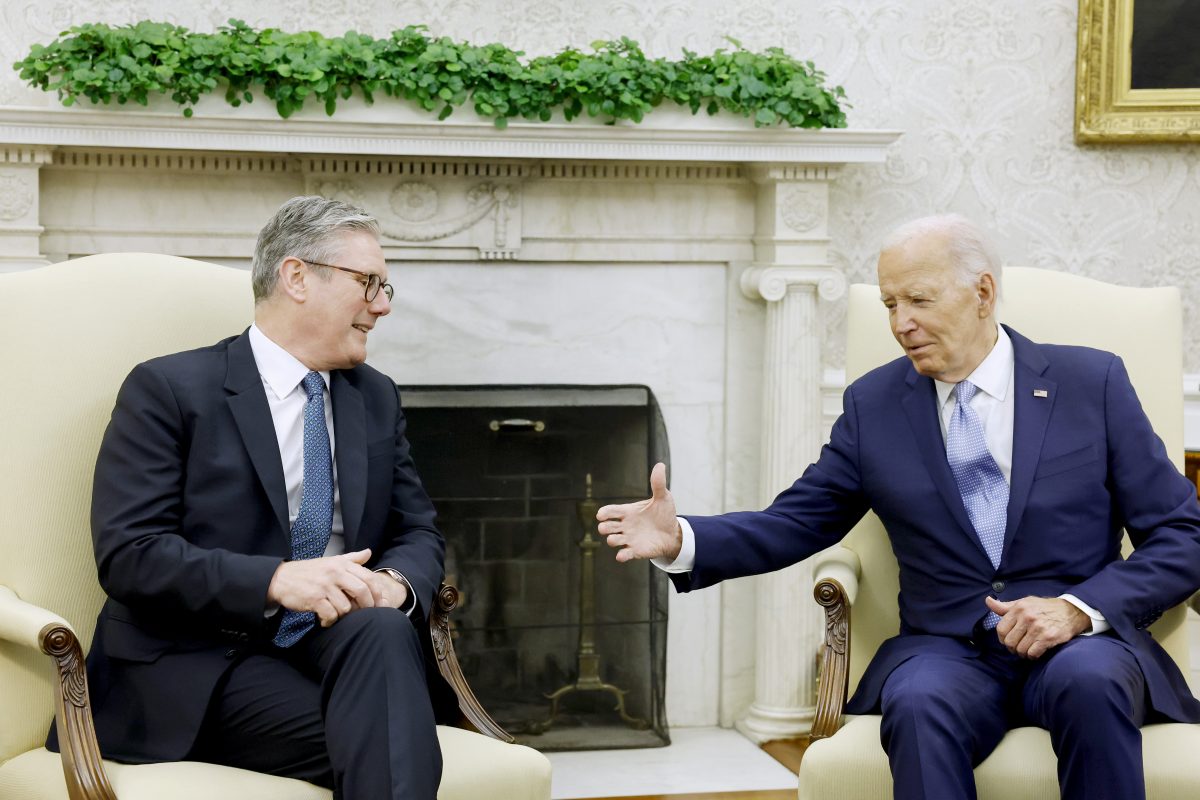

As the 2024 U.S. election approaches, Bidenomics has become a focal point of discussion, particularly for the UK's Labour Party, which has historically looked to the Democrats for inspiration. Praful Nargund from LabourList highlights that while Bidenomics initially showcased economic success with a 3.4% GDP growth, low unemployment, and wage gains, it has faced significant backlash. Approximately 40% of voters now cite the economy and jobs as their top concerns, indicating a shift in public sentiment that could have implications for Labour's strategy in the upcoming election [699622d5].
In response to the challenges posed by Bidenomics, Labour's Rachel Reeves introduced a concept termed 'Securonomics' in spring 2023, aiming to address economic insecurity and its consequences. This approach contrasts with the aspirational politics that have previously dominated discussions around economic growth. However, the recent U.S. elections, which saw voters reject Biden's economic policies in favor of Donald Trump, raise questions about the viability of Labour's spending plans, which include tens of billions in new expenditures that are now under scrutiny from the Office for Budget Responsibility [699622d5].
Will Cooling from City A.M. argues that Biden's presidency is viewed as a failed interregnum, serving as a cautionary tale for Labour. Despite Biden's initial economic successes, his administration faced significant backlash, mirroring the challenges that Labour leader Keir Starmer may encounter. Starmer, who became Prime Minister in 2024 with fewer votes than anticipated, must navigate a landscape where Labour's popularity is increasingly questioned, much like Biden's electoral outcomes [190b1cb4].
Focus groups conducted by the Good Growth Foundation revealed a growing disdain for aspirational narratives, suggesting that voters are more concerned with tangible outcomes rather than lofty promises. Labour's recent budget changes indicate a willingness to confront issues of unfairness in the economic system, but the party faces significant challenges in areas such as housebuilding and clean energy. To resonate with voters, Labour must effectively link economic growth to rising living standards, ensuring that growth is perceived as fair and beneficial to all, rather than merely an increase in numbers.
The implications of Bidenomics extend beyond U.S. borders, as Labour navigates its own economic strategy in light of these developments. GB Energy's promise to cut £300 from energy bills has been diluted, further complicating Labour's narrative. Reeves emphasized growth and competitiveness in her Mansion House speech, suggesting a shift from strict regulation, which may be necessary to compete against a leaner U.S. economic model under Trump [699622d5]. As Labour grapples with these issues, the lessons learned from Bidenomics and the recent U.S. election outcomes could prove vital in shaping their approach to economic policy and voter engagement in the lead-up to the 2024 elections. Starmer must avoid complacency regarding opposition parties, especially as Trump secured more votes in 2020 despite controversies [190b1cb4].